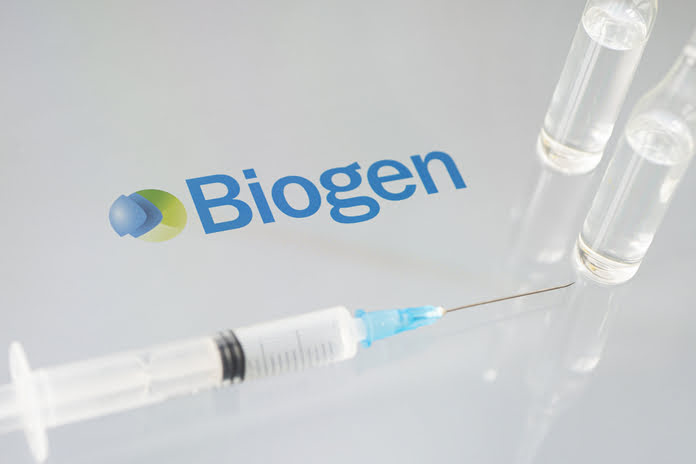Biogen (NASDAQ:BIIB) has cut its annual profit forecast, falling below current market expectations, primarily due to increased costs associated with the launch of its Alzheimer’s drug, Leqembi, and expenses related to the Reata deal. This announcement led to a decline in the company’s shares of approximately 4%.
Biogen emphasized the importance of focusing on its newer treatments, including the postpartum depression drug Zurzuvae and the rare disease treatment Skyclarys, which it acquired through the $6.5 billion acquisition of Reata. The company’s CEO, Christopher Viehbacher, highlighted this as the beginning of a transition from its historical product portfolio, which was primarily focused on multiple sclerosis, to a new portfolio.
Since Viehbacher took the helm a year ago, he has been working to reduce expenses and help Biogen recover from challenges related to its controversial Alzheimer’s drug, Aduhelm, which failed to gain traction.
Eisai (4523.T), Biogen’s partner, revealed its goal of generating 10 billion yen ($66.5 million) in revenue from Leqembi by March. However, Leqembi revenue recorded by Eisai for the third quarter was only about $2 million.
Biogen has adjusted its annual sales outlook to reflect a low-single-digit decline compared to its previous forecast of a mid-single-digit drop. The company’s total expenses more than doubled to $2.67 billion in the third quarter.
Viehbacher mentioned that the company now has the elements in place for sustainable growth, and its focus is no longer on significant M&A activity for the time being.
The revised full-year adjusted profit per share is expected to be in the range of $14.50 to $15.00, compared with the previous forecast of $15 to $16 per share. Analysts had anticipated earnings of $15.26 per share.
Biogen reported a third-quarter profit of $4.36 per share, exceeding Wall Street estimates of $3.97. This strong performance was driven by sales of its rare muscle-wasting disorder drug, Spinraza, and higher contract manufacturing revenue.
Featured Image: Megapixl















